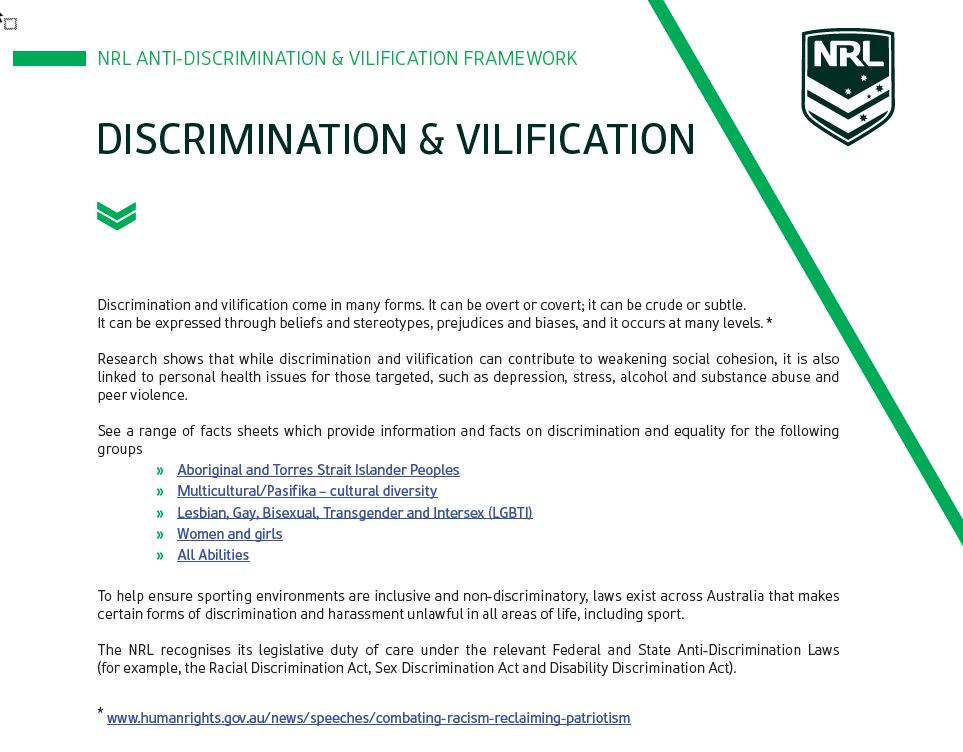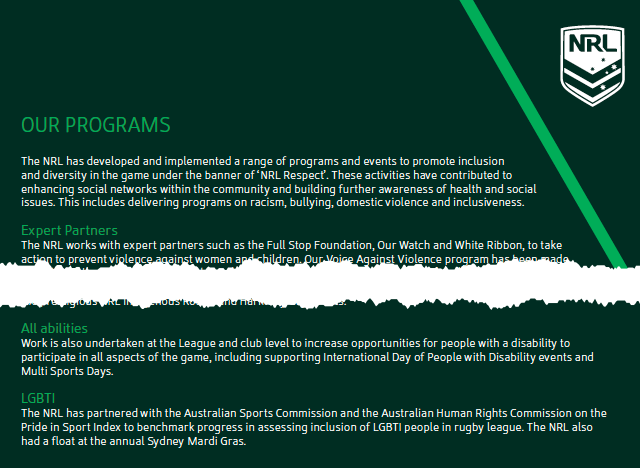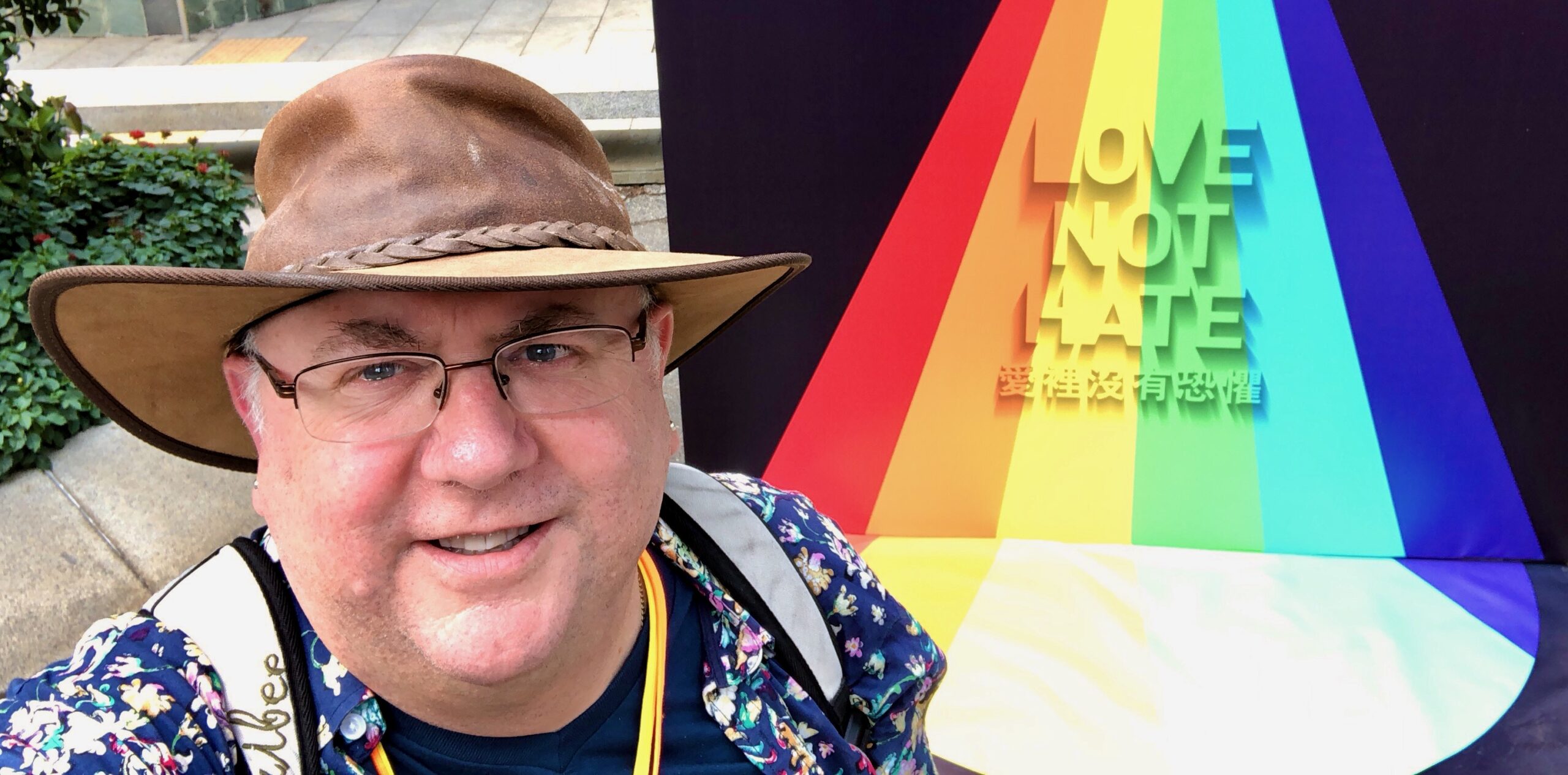Not being well this month, and working on other submissions, my own submission to the Exposure Drafts of the Religious Freedom bills for Australia (https://www.ag.gov.au/Consultations/Pages/religious-freedom-bills-second-exposure-drafts.aspx) was left with little time to prepare and finalise.
Consequently it is a little disjointed, high level, but hopefully conveys the key points.
***
31 January
2020
The
Hon Christian Porter MP
Attorney-General
of Australia
Parliament House
Canberra ACT 2600
Via email FoRConsultation@ag.gov.au
Dear
Attorney-General,
Re: 2nd
Exposure Drafts on Religious Freedom and Associated Legislation
Firstly, I am happy for my submission to be made public and to
be placed on the Department’s website.
By way of background, I am a businessman owning and operating
a boutique consulting firm, sit on a number of boards, am an educator of
company directors, a Christian heavily involved in my denomination at
practically every level with a variety of leadership roles, a father of two
young adult children and a member of the LGBTIQ community.
It is from all these different perspectives that I have a
relatively uncommon perspective, but one that is not unique.
This week, many political leaders around the world, including
here in Australia, have been remembering seventy-five years of the closure of Auschwitz
as part of the Holocaust. What most of
the media hasn’t reported on outside the horrors of the Jewish Community, is
that that same regime rounded up all the homosexuals, Gypsies, disabled and
others. It is estimated that over 15,000
homosexuals ended up in the gas chambers.
Why is this piece of history so important?
We need to understand the significance of othering. Making minority groups othered and
unimportant in a society.
We also need to remember the role of religion, particularly
Christianity, that in some areas was complicit in allowing the Holocaust to
occur. Fortunately, some of our greatest
theologians come from the concerns, such as Barth and Bonhoeffer, with the
latter executed by the Hitler regime.
We also need to recall some of the history of Christianity:
- Many supported slavery and racism
- There has been and continues to be, global
discovery of child sexual abuse that has been significantly covered up by the churches
and in some cases, continues to abuse those people during the investigations
and settlements.
UnitingJustice, an agency of the Uniting Church, in their
document “Dignity in Humanity – Recognising Christ in Every Person, A Uniting
Church in Australia Statement on Human Rights, adopted by the Eleventh Assembly
July 2006, Resolution 06.20.01”[1] states:
“We must never forget that people who claimed to be
Christians and the Christian church itself have been responsible for colluding
with and perpetrating violence and oppression. Our history is scarred by greed
and fear and so we have, too often, failed in our mission of love. However,
there have always been Christians committed to ending violence and poverty and
in the last hundred years or so the church has been engaged internationally to
this end. In 1937 representatives from churches around the world met to ensure
that human rights were included in the United Nations (UN) Charter and the
churches went on to play a significant role in the development of the Universal
Declaration of Human Rights.”
It is interesting to note that during a series of consultations
around an earlier concept of a Bill of Human Rights, where there were case
studies, many of the Christian Churches strongly objected to this
direction. Of the submissions received
to build the case studies, the Uniting Church was rejected because it supported
the development of a Bill of Human Rights.
There has been a drive by conservative Christians since the
1970’s to focus on the exclusion and erasure of LGBTIQ people. However, it is also important to understand
that the word homosexual was only introduced in the English translation of the
Bible in 1946, and a major research project to be published this year will
demonstrate that this was an academic error.
Just as the American Psychological Association determined that
being homosexual was a mental illness through poor research (which took years
to correct and untold damage to gay people), we are moving into a new time,
just as the Churches had to come to a view, that racism and slavery weren’t
Biblical in this age; the same will happen with attitudes of the Churches to
LGBTIQ people. They will ultimately apologies for the abuse for which they are
responsible towards LGBTIQ people, when they finally accept that there is no
justifiable position for their rejection of LGBTIQ people.
In fact, there are those that hold the view that the future
evangelists of Christianity will come from the LGBTIQ community. Given that they
are also made in the image of God and are one of the many oppressed communities
that should Jesus be walking the earth today, he would sit down and spend time
with, rather than reject.
The Report of the Expert Panel into Religious Freedom[2] (the Religious Freedom Review) created by the LNP Government commented that Australians whose faiths face persecution overseas appreciate the ‘relative safety that Australia affords people of different faiths’ (para 1.13). Importantly that Report recommended only small additions to Australia’s legislative protection of Australians’ religious freedoms. Yet what the Government has offered is extreme in nature and moving from the concept of protecting an individual from discrimination, to a new and highly concerning legal structure of protecting a non-natural person (an organisation) from discrimination, and allowing both an individual and organisation unprecedented powers of discrimination against others.
Now coming to the legislation:
Enabling Discrimination
The proposed legislation appears to start from the premise
that religious freedom is an absolute right, and one that does not need to be
balanced with other human rights. I
would argue that the proposed legislation creates the position that a religious
right is superior to all other human rights.
This is clearly untenable, that a choice to hold a faith is superior to
the actual existence of a person.
The International Covenant on Civil and Political Rights.
Article 18 of the ICCPR[3] outlines
the right to freedom of thought, conscience and religion, and section 3 of that
article says:
“Freedom to manifest one’s religion or beliefs may be
subject only to such limitations as are prescribed by law and are necessary to
protect public safety, order, health, or morals or the fundamental rights and
freedoms of others.”
The Bill agrees, section 3(2) stating that regard is to be had
to ‘the indivisibility and universality of human rights, and their equal status
in international law; and the principle that every person is free and equal in
dignity and rights’. However, the proposed Bills provided an almost unfettered
legislative right to religious freedom, without balancing that with other
rights, the Bill divides the right of religious freedom from other rights, and
will result in some Australians being less ‘free and equal in dignity’ than
others.
Effectively, this Bill creates of system of religious apartheid
in Australia. This will form of apartheid will be as destructive to our society
as the systems of racial apartheid used in other countries, that Australia has
historically been leading global voice to have removed.
Historically, there has been a significant amount of
discrimination built into legislation in Australia, much of which has permitted
discrimination against LGBTIQ people. As
a minority group, the LGBTIQ community has had to work very hard over long
periods of time to gradually have discrimination against them removed. However, it has been the trend of legislators
over recent years to remove unreasonable discrimination enabled by law.
Some of these have been hard fought, as we saw with the national
postal survey and parliamentary process to remove discrimination in marriage;
the first time in Australia’s history where a human rights matter has been put
to the people where Parliament could have acted, as it should have.
In the lead up to the Wentworth by-election in 2018, the Prime
Minister promised to remove discrimination against LGBTIQ students in schools
and has failed on that commitment and moved and delayed the matter for
additional consultation.
This proposed legislation will enable a dramatic increase in
discrimination in Australia. Much of the
activities where discrimination will occur will actually be funded by the
Australian taxpayer, which is completely unacceptable.
In welfare services, there is no justification for discrimination
of employment, while it is reasonable to ask staff to be supportive of the
ethos of the organisation. The concept
of supportive of the ethos should not be used however to restrict employment of
LGBTIQ people, people in same sex relationship/marriages, people of particular
gender. The only area where such as
exception may be reasonable, is in the area of formal appointment of ministers
of religion, such as Chaplains at schools, hospitals, aged care facilities etc,
and to some extent members of an organisation’s governing body. These limited exceptions must be
significantly controlled and transparently justified.
To that extent, rather than providing additional rights for
discrimination in employment, the Government should work to reduce
discrimination. There is no justifiable
reason for a school to be exempt from hiring a maths teacher because they may
be LGBTIQ. Years ago, churches would
have said they should be allowed not to hire a disabled person because their
disability is a sign of sinfulness. We
all know that is not right, so why do we allow such injustice to LGBTIQ people
now?
There is no justification to allow people who hold a religious
faith to be abusive to other people outside of their religious setting, such as
a taxi driver being abusive to a lesbian couple in their taxi, or a school
teacher telling a divorced father looking after their kids that he is sinful as
a divorcee, or a manager emailing a staff member that being transgender is not
acceptable in the eyes of God.
Some of these would breach any reasonable employer code of
conduct today, so why should these be acceptable in the future?
Why is it acceptable for a religious person to intimidate
another person, when this is not acceptable for any other citizen?
Professional Bodies/Commercial Limitations
I am currently involved in a number of professional bodies and
have been involved with more in the past.
Over time, there has been an increasing acceptance that it is
not appropriate to bring private religious material that could bring discomfort
or harm to other people into a professional setting, ie that have no bearing on
the matter at hand.
This Bill will unwind many years of advancing of good
professional practice.
The notes with the Bills provide an example of how a doctor
can legally comment in a derogatory manner towards a transgender patient. There is no justification in a clinical
setting for such comments to be made in the first place.
Access to health for many people is already difficult, and the
proposed legislation will make access to health for women, disabled people,
LGBTIQ people significantly more difficult and put their physical and mental
health at risk.
On one hand the Government is attempting to dramatically
improve the mental and physical health of people in Australia, yet on the other
hand, groups that are dependent on high health care are increasingly at risk of
inappropriate treatment, if they will be able to get it at all.
There are no religious grounds for this dangerous expansion of
the removal of health services, particularly to vulnerable Australians.
This Government has prided itself on getting out of the way of
business, however, through these Bills, wants to interfere in business and
ensuring safe workplaces and maintenance of their brands in society. I note that the Government continues to give rights
around codes of conducts and outside activities that it is now denying the
private sector.
The dangers of some conservative religion are being shown as
states around Australia are working on legislation to outlaw conversion therapy
because of its dangers (such acts are being supported by the majority or
relevant professional health associations because of their dangers). Religious schools are fighting to retain the
right to send children to conversion therapy.
Just as they denied sexually abusing children, they want the right to
mentally abuse children through programs that at best leave long term mental health
issues or at worst case, suicide.
Nature of Discrimination Acts
Discrimination Acts by their nature are to protect the
individual, however, for the first time, these Bills will provide protection
and the right to discrimination by religious organisations. This is not consistent with the standard of
these types of Acts and is not acceptable.
Overriding Other Jurisdictions
There is no justification for these Bills to override some
Tasmanian Laws, or to allow religious people to not comply with Local Council
regulations with which other citizens need to comply.
Other Matters
There is no requirement for a Religious Discrimination
Commissioner in the Australian Human Rights Commissioner, as the Ruddock
Inquiry indicated there is little risk for religious people and organisations
in Australia. What there is a need for,
is an LGBTIQ Commissioner as there is a long history of violence and
discrimination towards LGBTIQ people.
Much of this discrimination supported by many religious organisations.
While there has been an attempt to correct Aboriginal and
Torres Strait Islander spiritually via notes to the bill, I remain unconvinced
this issue has been appropriately addressed, and once again Aboriginal and
Torres Strait Islanders will be disadvantaged and subject to further
discrimination.
Summary
This proposed legislation is some of the most dangerous
legislation in recent Australian legislative history.
It creates a level of differing rights and standards between
different classes of Australian citizens and organisations.
It is unnecessarily complex.
It lacks reasonable definitions and tests.
It reverses the rightful trend of Australian parliaments to
reduce discrimination and to improve protections for minorities in favour of
creating a system of systematic discrimination against large sectors of
Australia’s society, and targets some of the most vulnerable minorities in
Australia.
It is without a doubt a system of religious segregation that
is no better than race-based apartheid which Australia has been a global leader
fighting against.
Rather than moving Australia together as a cohesive society,
this will pit Australian against Australian and create disharmony among so many.
Rather than assist with the ongoing improvement in the health
and well-being of Australians, this will have a direct and negative impact on
the health of many.
If religious organisations can convince the Government that
they need the right to discriminate, then they should not receive any taxpayer
funding. Likewise, if health
professionals want to discriminate against patients, they should not have
access to Medicare funding at all and should seek to only have patients who are
willing to consult with them outside of the Medicare system. Their Medicare biller code can then be
reallocated to doctors who are willing to serve all the public.
Accordingly, I have no option but to call on the Government to
abandon this legislative strategy and recommence with a Human Rights Bill that
seeks to balance competing human rights.
When balancing competing human rights, it seems to me that the innate
nature of a person, such as their race, gender, sexual orientation etc is a is
given a higher order than their rights from areas of choices, such a religion.
These exposure bills are an abject failure in balancing human
rights. They virtually guarantee that
religious rights (the rights from a personal choice) are always held above all
other human rights (those that are innate about a person).
The only way forward is the creation of an effective Human
Rights Bill.
I would be more than happy to discuss my submission with you.
Yours sincerely
Jason Masters
[1] https://www.unitingjustice.org.au/human-rights/uca-statements/item/download/111_40d235aeb99ba1eb6e46503f5490416d (sourced 30 January 2020), page 7
[2] https://www.ag.gov.au/RightsAndProtections/HumanRights/Documents/religious-freedom-review-expert-panel-report-2018.pdf (Sourced 30 January2020), page 10
[3] https://www.ohchr.org/en/professionalinterest/pages/ccpr.aspx (sourced 30 January 2020)




